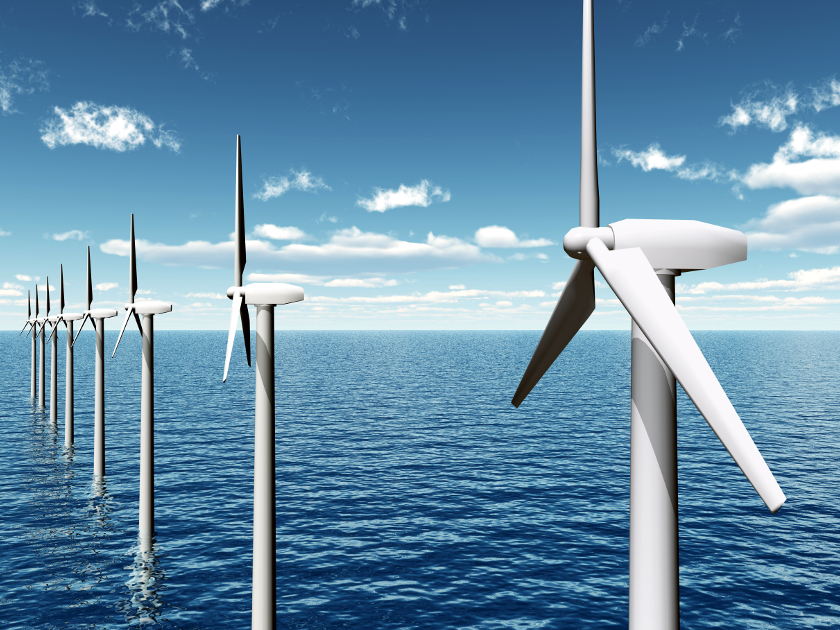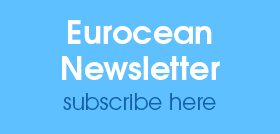Discover research infrastructures and programmes

Policy
European Strategy Forum on Research Infrastructures (ESFRI), coordinated by the European Commission has the aim of developing the scientific integration of Europe and strengthening its international outreach. In the marine domain the aim is for relevant organisations to work together to develop and streamline access and use of relevant infrastructure so as to maximise its contribution to furthering research and ultimately Blue Growth.
European Research Infrastructure Consortium (ERIC): an ERIC fits within the overall European Strategy and their main task is to establish and operate a research infrastructure on a non-economic basis. Four ERICs of particular interest in the marine domain are the European Contribution to the Global Ocean Observing Infrastructure (Euro-Argo), the Integrated Carbon Observation System (ICOS), the European Multidisciplinary Seafloor and Water Column Observatory (EMSO) and the European Marine Biological Resource Centre (EMBRC). Although not exclusively marine, the eScience European Infrastructure for Biodiversity and Ecosystem Research (LifeWatch) is also of relevance
ESFRI Projects are at the beginning of the process and require further consolidation. One project of relevance to studying estuarine/delta environments is DANUBIUS-RI
Funding
Within H2020, the European Union’s framework programme for research and innovation (2014-2020), there is specific funding dedicated to development of Research Infrastructures, including e-Infrastructures.
Horizon Europe is the name of the followup Research Framework Programme and will run from 2021 to 2027.
Assessment
A EurOcean event held in 2016 focussed on identifying the state of play and future trends in relation to activities promoting improved knowledge of and transnational access to Europe´s marine infrastructure [pdf]. Some of the conclusions reached were that EurOcean members have significant experience of Trans-National Access (TNA) implementation in relation to the European Research Framework Programmes and can propose improvements in the context of Horizon Europe. Moreover, good-practise on regional collaboration is available from initiatives such as BONUS. The ERVO group is a key European source of knowledge on all aspects of Research Vessels and can make a valuable contribution to the advancement of the European Ocean Observing System (EOOS). It is currently supporting the European Marine Board to develop an updated foresight report on European Research Vessels. EurOcean´s Research Infrastructures Database is a useful support of activities related to marine infrastructure knowledge and use.
The ESFRI Roadmap 2018 provides a comprehensive picture of the status of European Research Infrastructures and furthermore for a range of thematic areas, including those with a marine dimension, identifies the resources, gaps and the potential evolution of each area in the medium term.
Mapping and preliminary analysis of marine research infrastructures and human capacity building [pdf], carried out by JPI-Oceans in 2014.
An expert group on marine research infrastructures in 2013 reviewed Europe´s marine observation infrastructure and highlighted gaps and strategic issues of relevance [pdf] .
Ongoing Developments
The European Ocean Observing System (EOOS) is a coordinating framework designed to align and integrate Europe’s ocean observing capacity, promote a systematic and collaborative approach to collecting information on the state and variability of our seas, and underpin sustainable management of the marine environment and its resources. In late 2016 it carried out a wide stakeholder consultation to gather views on how EOSS should develop. The outcomes from this consultation are available here.
The 1st EOOS Forum took place on March 8th 2018 and the EOOS Conference on 21-23 November of the same year
EurOcean has contributed to the debate on EOOS and on 24th October 2017, together with its member CNR, it hosted an event to share information on recent developments and plans for ocean observations in Europe and to discuss existing regional and European-wide ocean observation and supporting initiatives. A report on the event is available.




